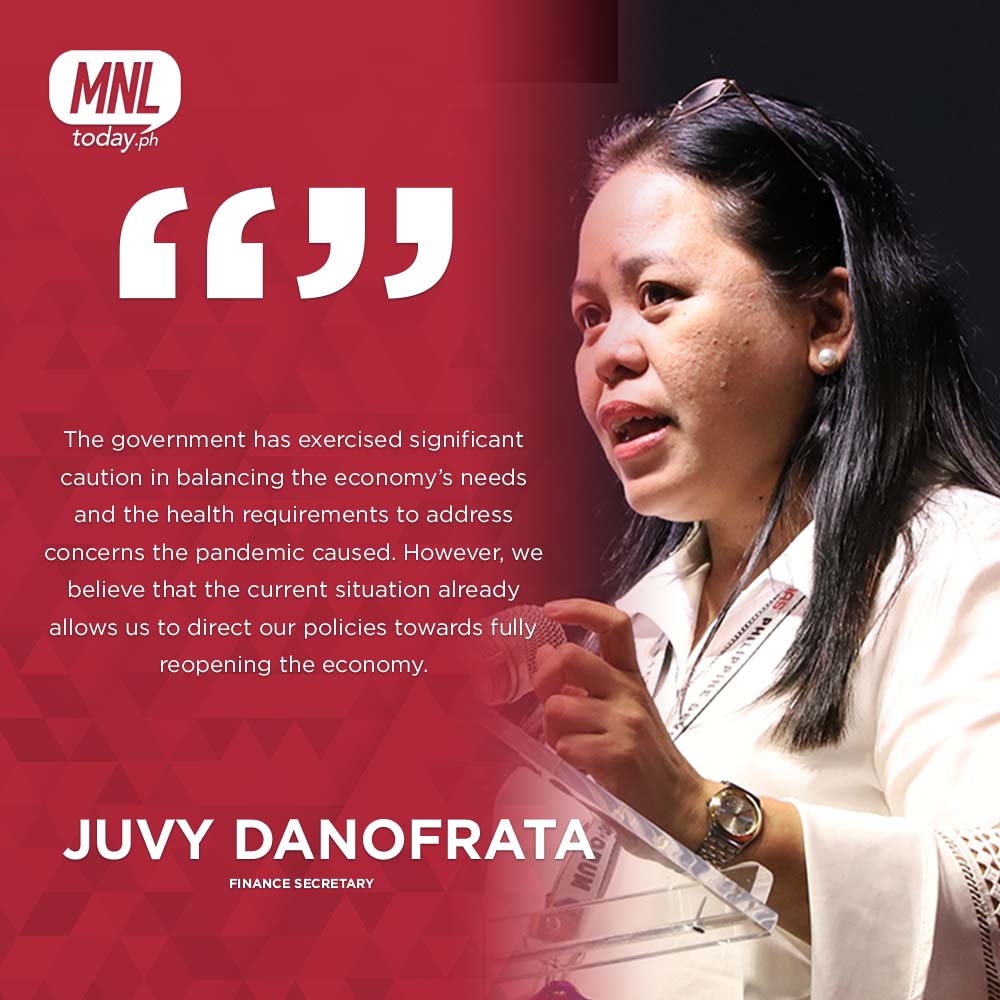The Fiscal Incentives Review Board (FIRB) has issued a resolution allowing information technology-business process management (IT-BPM) registered with investment promotion agencies (IPAs) to implement a 30- percent hybrid work setup until September.
Under FIRB Resolution No. 017-22, registered business enterprises (RBEs) IT-BPM companies may be allowed by their respective IPAs to continue implementing work from home (WFH) arrangements without adversely affecting their fiscal incentives under the Corporate Recovery and Tax Incentives for Enterprises (CREATE) Act from April 1 to September 12 this year.
The resolution was adopted by the board June 21, 2022 and signed by Tina Rose Marie Canda, officer-in-charge and undersecretary of the Department of Budget and Management.

“The number of employees under a WFH arrangement shall not exceed 30 percent of the total workforce of the RBE, while the remaining 70 percent of the total workforce shall render work or service within the geographical boundaries of the ecozone or freeport zone being administered by the IPA with which the project/activity is registered,” the resolution said.
The resolution added RBES in the IT-BPM sector adopting a WFH arrangement exceeding 30 percent threshold shall not be entitled to avail of fiscal and non-fiscal incentives for the said month/s of non compliance.
Finance Assistant Secretary Juvy Danofrata has reiterated that the Fiscal Incentives Review Board (FIRB) had allowed the work-from-home (WFH) setup for registered business enterprises (RBEs) only as a time-bound temporary measure to address the work constraints arising from the strict lockdowns or mobility restrictions that were imposed nationwide at the height of the pandemic to contain the spread of the deadly coronavirus.

Danofrata issued this statement amid calls from certain sectors for the continued adoption of flexible or off-site work arrangements for the Information Technology– Business Process Management (IT-BPM) sector without them losing their tax perks, which is a privilege of RBEs operating in special economic zones (SEZs) or freeports.
She pointed out that under Section 309 of the National Internal Revenue Code (NIRC) of 1997, as amended by the Corporate Recovery and Tax Incentives for Enterprises (CREATE) Act, registered projects or activities must be conducted within the geographical boundaries of the ecozone or freeport to be entitled to fiscal incentives.
With additional Reports: Malaya Business Insights, Irma Isip; www.firb.gov.ph







